Iran: ‘Without Switzerland the situation could be worse’
Without Switzerland’s good offices, the situation in the Persian Gulf could deteriorate, says the Iranian ambassador in Bern, Mohammad Reza Haji Karim Jabbari, in an interview with Swiss public television, SRF.
He also says Swiss diplomats help defuse tensions in the region and that Switzerland proposes plans and initiatives “that can be very helpful”.
SRF: One of these initiatives is the humanitarian trade channel that Switzerland would like to establish. With the agreement of the US, humanitarian goods and medicines could be imported into Iran. How important would that be for you?
M.R.H.K.J.: We appreciate Switzerland’s role here. Swiss companies are investing in Iran, and over the past 20 months the Swiss government has tried to work towards a humanitarian trade channel for pharmaceutical goods.
To achieve this goal, it has conducted extensive negotiations with the US government. However, the US is playing a hypocritical role, so unfortunately this has not yet produced any results.
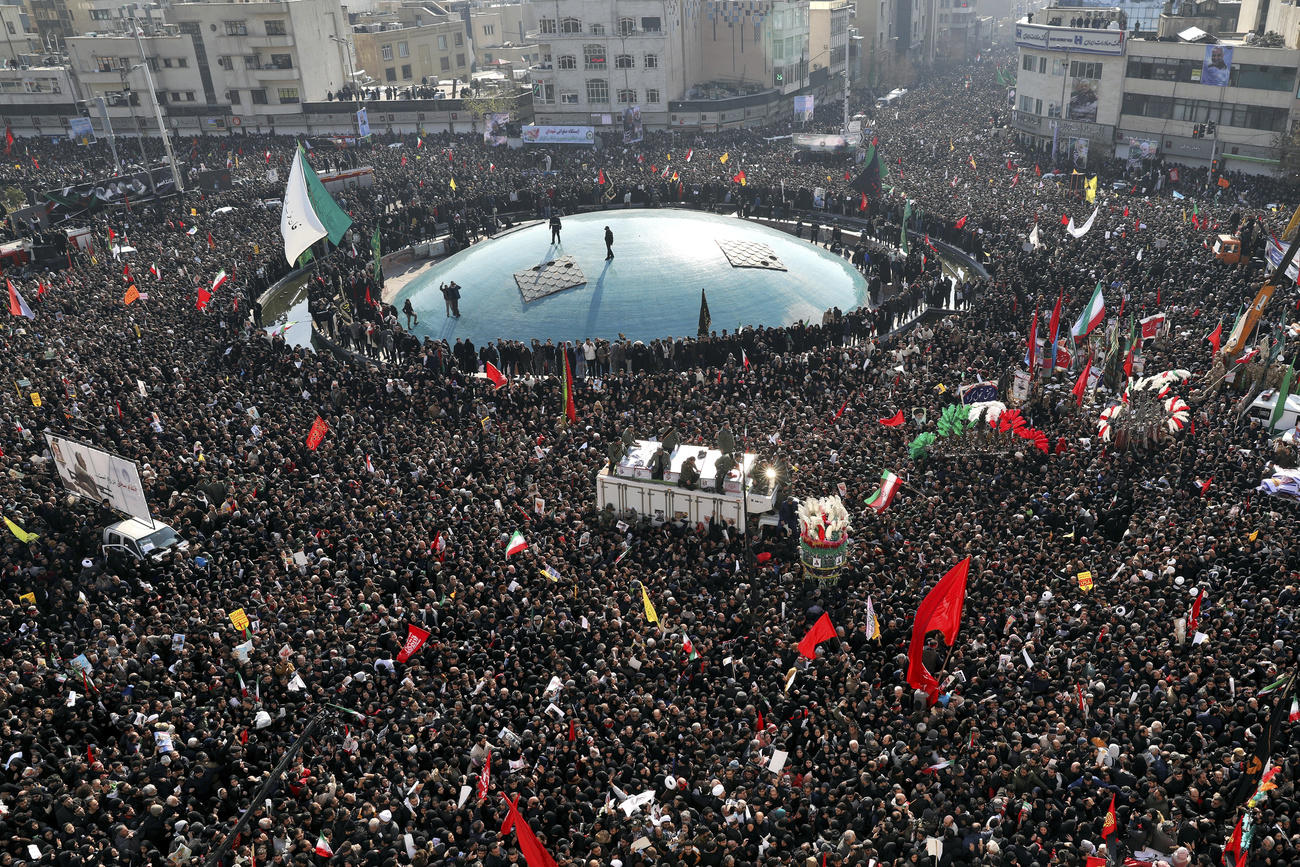
More
How ‘messenger’ Switzerland deals with the US and Iran
SRF: So there is no medicine in Iran because of the embargo?
M.R.H.K.J.: There’s at least a shortage of medicine and medical supplies. We recently sent Switzerland a list of missing goods.
On the one hand, the US claims that humanitarian trade is not affected by the sanctions. But on the other, they are blocking money transfers. The root of the medicine shortage lies in the blocking of our banking system.
SRF: After the US assassinated General Qasem Soleimani, we saw only limited retaliatory strikes by Iran, specifically on two US bases in Iraq. Will there be more?
M.R.H.K.J.: The assassination of Major General Soleimani by the US forces is a war crime. The US has thereby disregarded international rules, regulations, standards and principles.
What Iran did afterwards is not only retaliation but self-defence. But we don’t want war in the region. It is not our intention to contribute to the escalation. But we are prepared to respond to any kind of attack by any means.
SRF: How could the shooting down of the Ukrainian passenger plane happen?
M.R.H.K.J.: It was in fact a sad accident. It happened only hours after the Iranian missile attack on a US military base in Iraq. Unfortunately, the presence of US troops in the region is resulting in more and more suffering and tension.
However, the Iranian military has taken responsibility for the accident. Iran will now comply with its moral, legal and international obligations. First of all, we are focusing on alleviating the grief and suffering of the families affected.
SRF: Why was the airspace in Tehran not closed that night?
M.R.H.K.J.: I don’t know the technical details. But in general I can say that the incident happened only hours after the missile attack was over. It was a human error.
SRF: After the plane was shot down, many people are again demonstrating in Iran. Some accuse the Iranian government of lying and some even predict the end of the regime. How do you see this?
M.R.H.K.J.: Iranians are free to say what they think, free to criticise. That is their constitutional right. The Iranian government has never tried to restrict this right.
At the same time, there has been this incident caused by human error. The army provided clear and transparent information. Of course there are always people who have different views. They have the right to express their opinions.
SRF: So those responsible will be brought to justice?
M.R.H.K.J.: Yes. The leader of the Islamic Republic, the president, the chief of justice and the commanders of the army have already confirmed this. There have also been arrests. Those responsible will be brought to justice.
SRF: Do you expect more confrontation in the future or rather a de-escalation?
M.R.H.K.J.: I see no reason for an escalation or war in the region. We believe that the countries around the Persian Gulf can find new arrangements for security and peace. But for this to happen, all foreign forces must leave our region.
Without the bullying presence of the US, we can come to an arrangement. If Donald Trump threatens to destroy Iranian cultural assets, he threatens us with war crimes; if the Iranian population is starved, it is a humanitarian crime, and the killing of Soleimani is an act of war. Here we will of course defend ourselves.
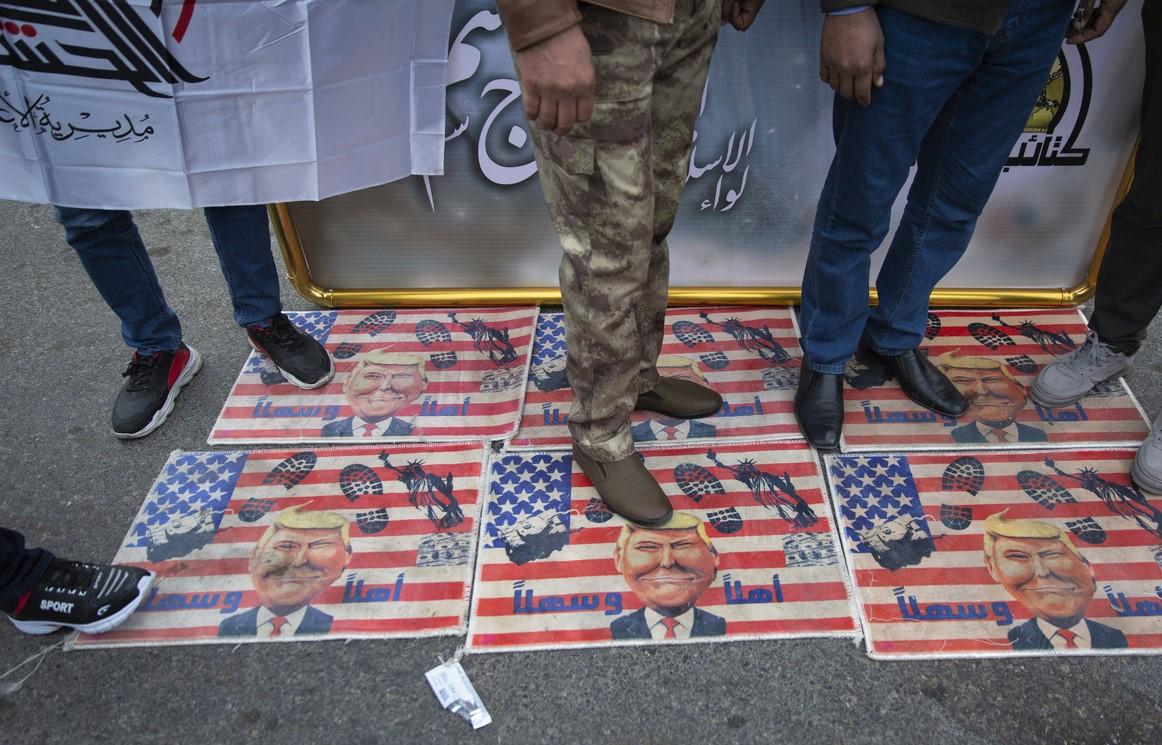
More
The Iranian paradox: a regional powerhouse but weak at home
(Translated from German by Thomas Stephens)

In compliance with the JTI standards
More: SWI swissinfo.ch certified by the Journalism Trust Initiative








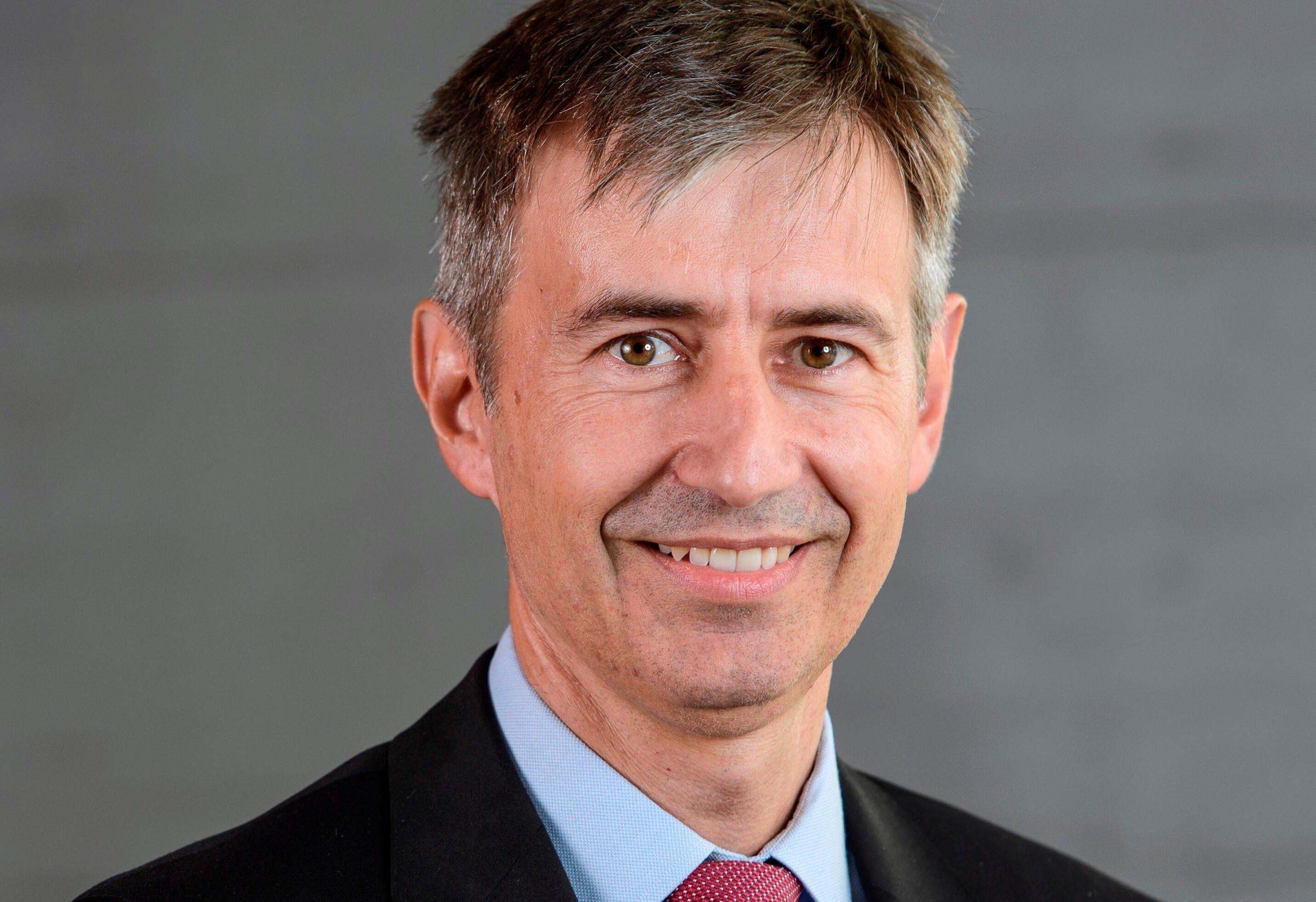

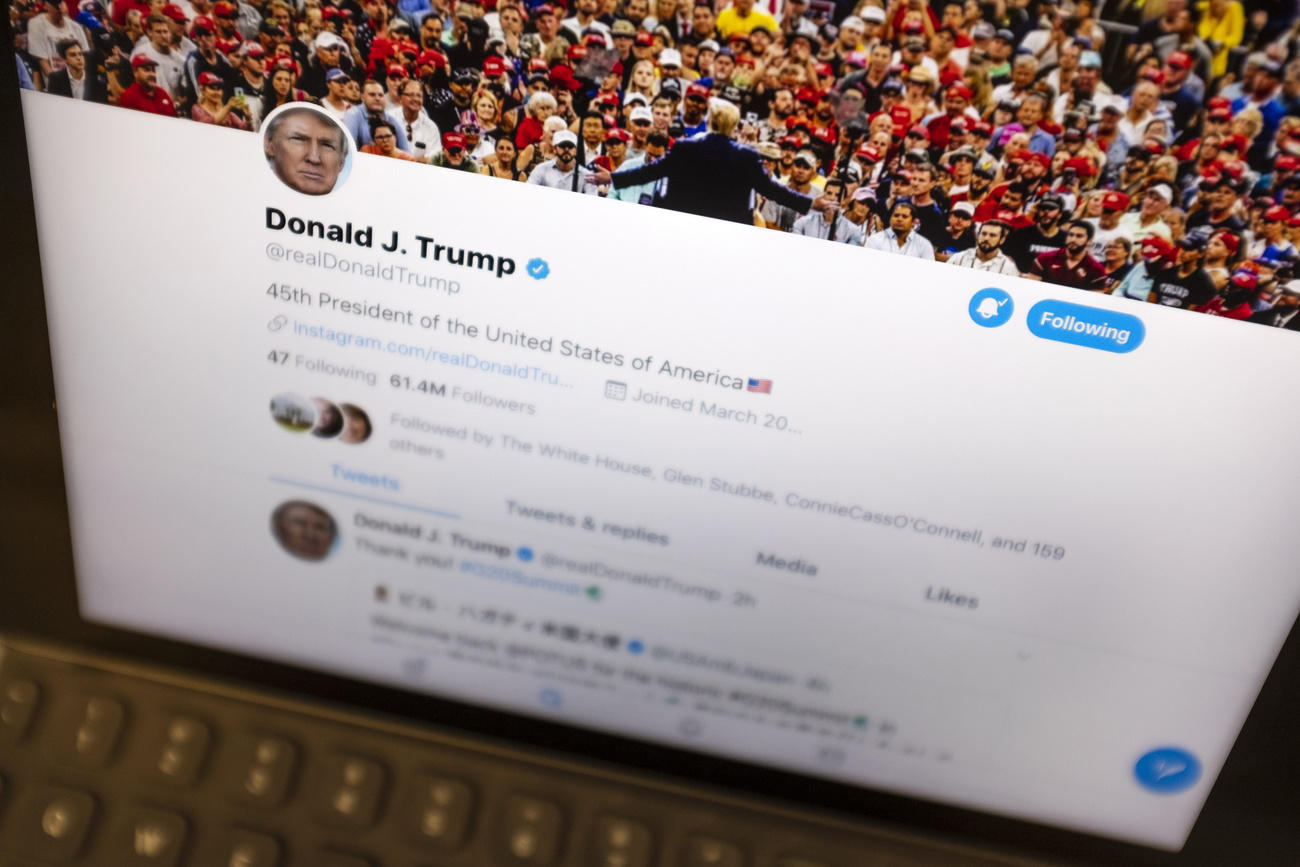

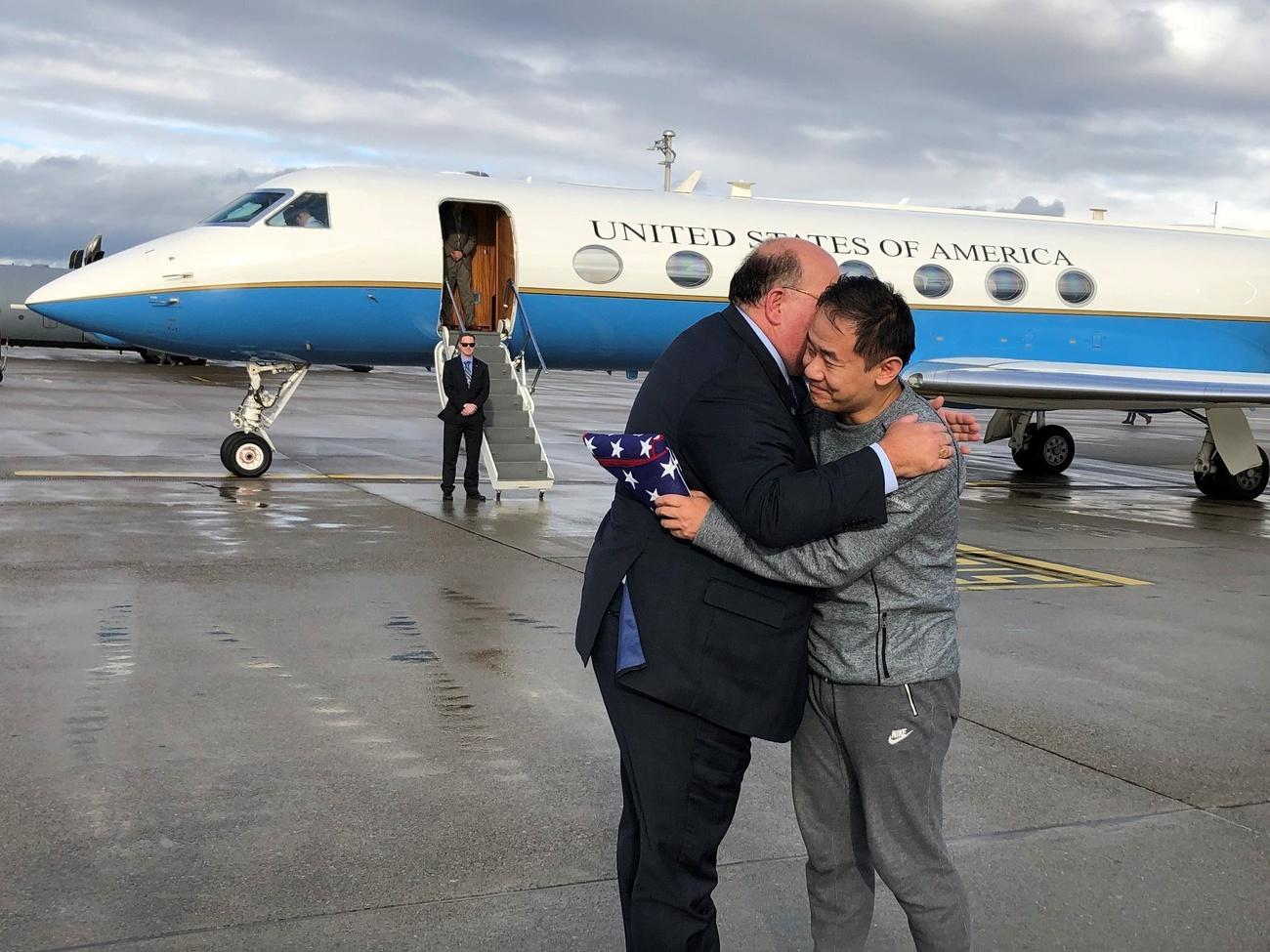
You can find an overview of ongoing debates with our journalists here . Please join us!
If you want to start a conversation about a topic raised in this article or want to report factual errors, email us at english@swissinfo.ch.